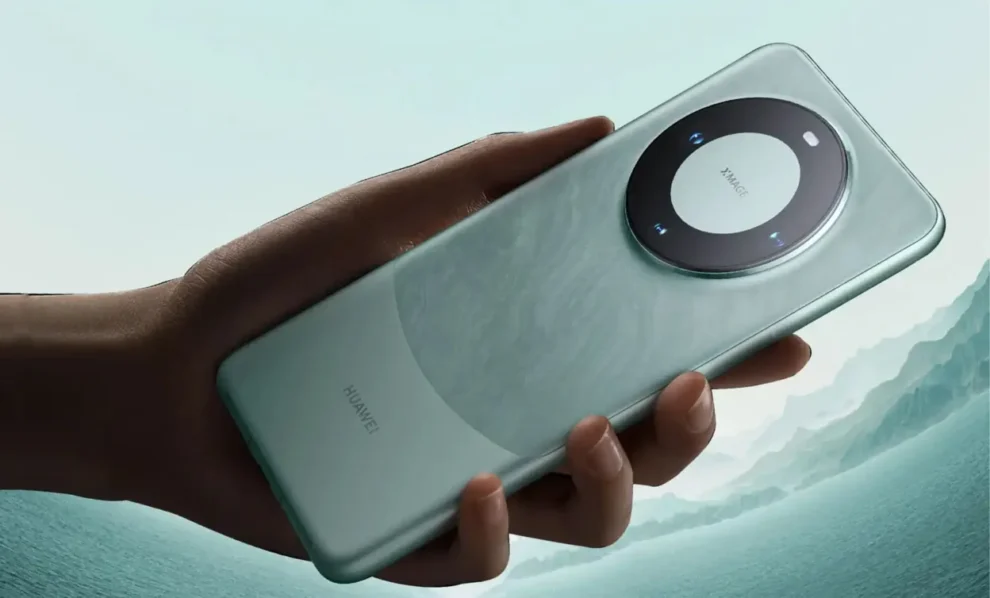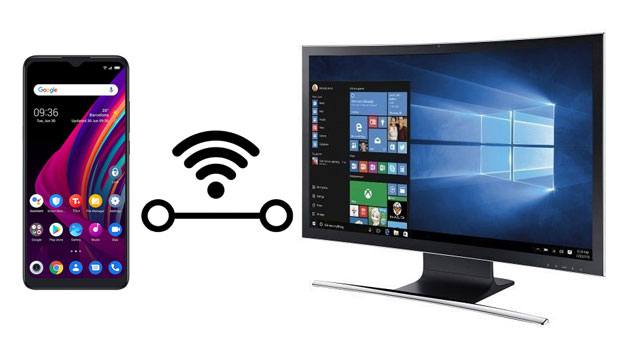For years, Huawei’s Mate series has been synonymous with cutting-edge technology and top-tier performance. However, recent rumors suggest that the upcoming Mate 70 lineup might deviate from this tradition. Sources indicate that Huawei is grappling with production issues related to its flagship Kirin 9100 chipset, potentially leading to the base Mate 70 model featuring a less powerful Kirin processor. This unexpected turn of events has sparked intense discussion among tech enthusiasts and industry analysts, raising questions about the future of Huawei’s smartphone division.
This isn’t the first time Huawei has faced challenges in the chip market. Following US sanctions, the company’s access to advanced chip manufacturing technologies has been severely restricted. Despite these hurdles, Huawei has demonstrated resilience, continuing to innovate and release competitive smartphones. However, the rumored chipset downgrade for the base Mate 70 model highlights the ongoing difficulties the company faces in securing a stable supply of high-end chips.
The Chipset Conundrum: A Deep Dive
At the heart of the Mate 70 rumors lies the Kirin 9100, a chipset rumored to be manufactured using SMIC’s advanced 7nm process. While initial reports suggested that the Kirin 9100 would power the entire Mate 70 lineup, recent leaks paint a different picture. It appears that Huawei might be facing yield issues with the Kirin 9100, meaning that the company is struggling to produce a sufficient number of working chips. This scarcity could explain the potential decision to equip the base Mate 70 model with a less powerful Kirin processor, reserving the Kirin 9100 for the higher-end Pro, Pro+, and RS Ultimate variants.
This strategy, while understandable given the circumstances, has raised concerns among potential buyers. A less powerful chipset in the base model could create a noticeable performance gap within the Mate 70 lineup, potentially impacting the appeal of the standard Mate 70.
The Implications for Huawei
The rumored chipset downgrade has broader implications for Huawei’s smartphone business. While the company has managed to maintain a strong presence in the Chinese market, its global market share has dwindled significantly due to the lack of Google Mobile Services on its devices. A less competitive base Mate 70 model could further hamper Huawei’s efforts to regain its global footing.
Moreover, the ongoing chip shortage serves as a stark reminder of the challenges Huawei faces in navigating the current geopolitical landscape. Despite significant investments in research and development, the company remains reliant on external partners for chip manufacturing. This dependence leaves Huawei vulnerable to supply chain disruptions and political pressures.
Looking Ahead: What Does the Future Hold for Huawei’s Smartphones?
Despite the challenges, Huawei has shown no signs of slowing down. The company continues to invest heavily in its HarmonyOS operating system and has expanded its product portfolio to include a wide range of smart devices. However, the future of Huawei’s smartphone business remains uncertain. The company’s ability to secure a stable supply of high-end chips will play a crucial role in determining its success in the highly competitive smartphone market.
The Mate 70 launch will undoubtedly be a pivotal moment for Huawei. If the rumors of a chipset downgrade prove true, it will be interesting to see how consumers react. Will the allure of Huawei’s brand and innovative features be enough to offset concerns about performance? Only time will tell.
My Perspective
Having followed Huawei’s journey closely over the years, I’ve been consistently impressed by the company’s resilience and determination. However, the challenges it faces are undeniable. The rumored chipset downgrade for the Mate 70 is a stark reminder of the difficult realities of operating in a globalized technology market. I believe that Huawei’s long-term success hinges on its ability to foster strong partnerships and navigate geopolitical complexities effectively.
Key Takeaways
- Rumors suggest that the base Huawei Mate 70 model might feature a less powerful Kirin chipset due to production challenges.
- This potential downgrade could create a performance gap within the Mate 70 lineup and impact Huawei’s market competitiveness.
- The ongoing chip shortage highlights the challenges Huawei faces in securing a stable supply of high-end chips.
- Huawei’s future success depends on its ability to navigate geopolitical complexities and foster strong partnerships.
The Mate 70 launch is shaping up to be a defining moment for Huawei. The company’s response to the ongoing chip challenges will undoubtedly have a lasting impact on its future in the smartphone market.























Add Comment